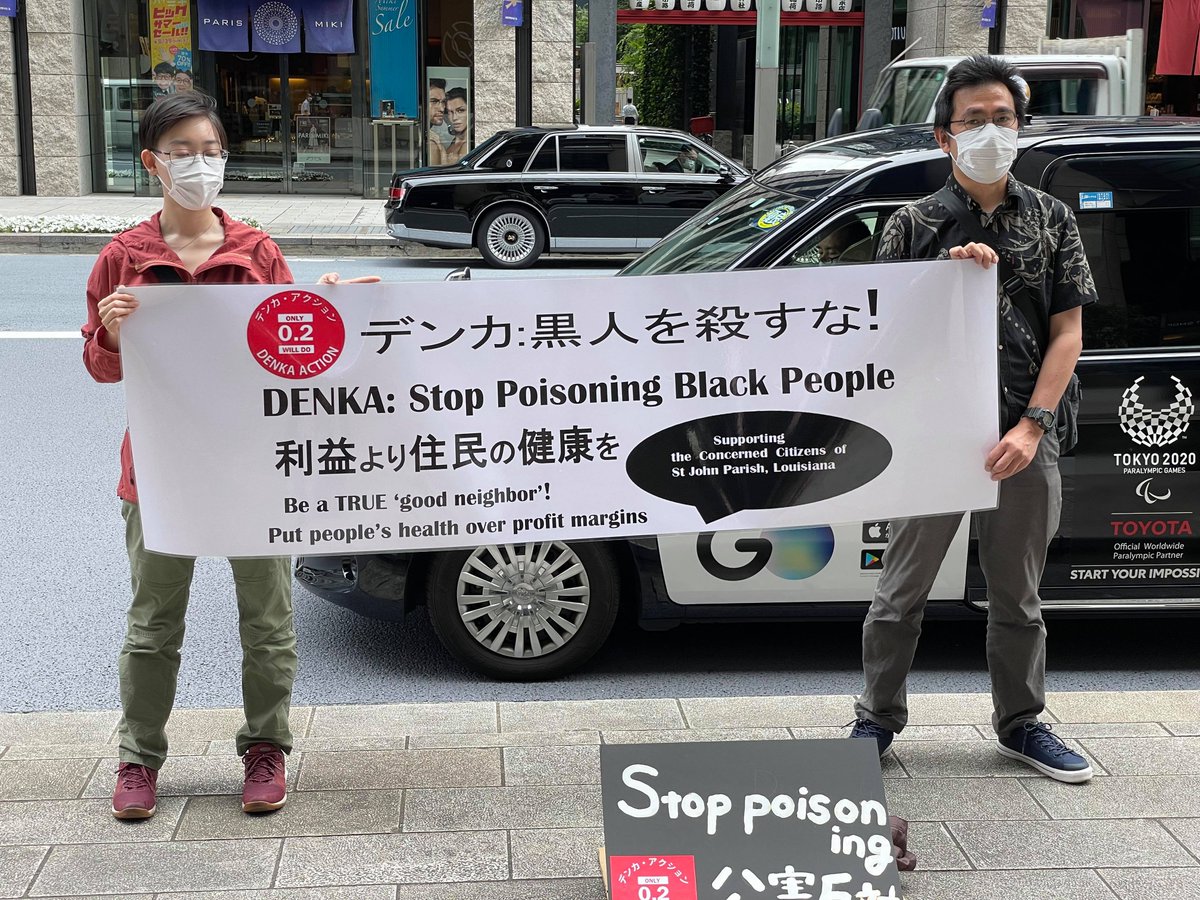
By Sydney Murray, Sustainability Office
When it comes to practicing law, one often thinks of filing briefs, going to court, representing clients, and engaging in litigation. Ruhan Nagra, associate professor of law and founding director of the Environmental Justice Clinic at the University of Utah S.J. Quinney College of Law, refers to such activities as “traditional legal tools.” However, in environmental justice cases, such tools often limit what lawyers can achieve for individuals and communities. 
On Tuesday, April 18, Nagra will give a GCSC Seminar called “Using Interdisciplinary, Multimodal Advocacy to Advance Environmental Justice in Louisiana,” to discuss how interdisciplinary advocacy methods in legal practice can work to support communities and achieve useful outcomes.
Nagra will present her work on two environmental injustice case studies: one with a historically Black community in St. John Parish, Louisiana that has been subjected to negative health impacts caused by nearby petrochemical facilities, the other in Mossville, Louisiana with another historically Black community facing a different set of issues. In both cases, Nagra explains that residents expressed initial mistrust for lawyers due to past bad experiences, “especially with class action suit lawyers that often descend upon marginalized communities in times of crisis and profit off of their suffering.”
It is important to think outside of the box to come up with creative advocacy and solutions, Nagra says of environmental justice law. “We need to use the full set of tools that are available, rather than approach things as lawyers traditionally do,” she says. For example, after learning the desired needs of the St. John Parish community in Louisiana, Nagra and her team partnered with students, epidemiologists, and statisticians at Stanford University to design and implement a household health study of local residents. “It became this very powerful tool in the hands of the community that they have been able to use in their advocacy ever since” she shares.
Nagra’s research and academic background in legal studies is informed by her early involvement in human rights student activism, primarily with the Palestine Solidarity Movement. She lived in Palestine for two years where she was first introduced to the concept of environmental injustice through an ethnographic research project on an Israeli chemical factory that was relocated from the Israeli side of the green line, to the West Bank. “That experience,” Nagra explains, “made me realize how interconnected these environmental justice struggles are across the world.”
Nagra hopes attendees will obtain insight on how to better integrate advocacy strategies and legal practice to advance environmental justice. “Reading and studying in academia are super important,” she states. “But how do we connect theory to practice? That’s what I want attendees to walk away thinking about.”
Attend the seminar on Tuesday, April 18, in room 295 of the Frederick Albert Sutton building from 4-5 p.m. (or on Zoom) to learn more.
